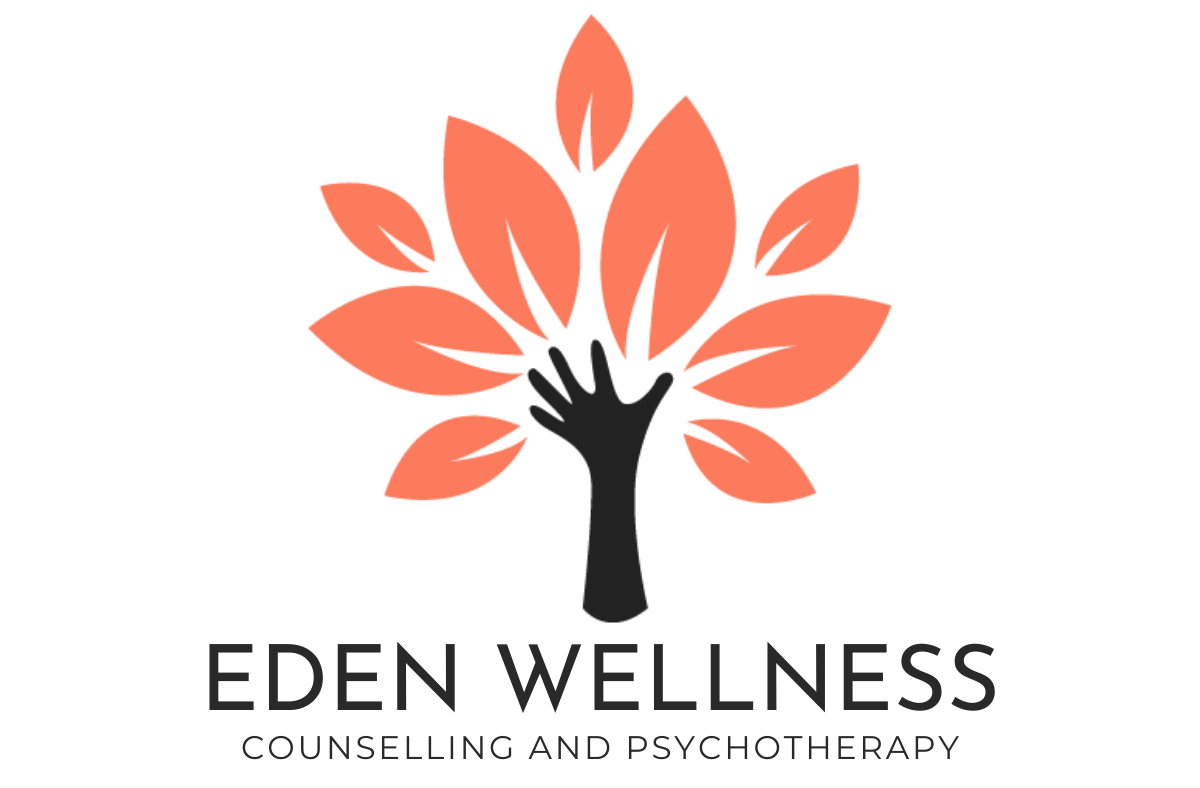FREQUENTLY ASKED QUESTIONS
FAQs
-
A: Individual counselling sessions cost $220 for a 50 minute session.
Couples counselling sessions are $230 for a 50 minute sessions.
25 minute and 75 minutes sessions are available by request.
Should you have a health benefits package, many packages have coverage for psychotherapy services. Please check the conditions of your plan and coverage. Regardless of the terms of your coverage, you will be expected to pay in full at the end of your session. You will be provided with a receipt to submit to your insurance carrier within 48 hours after the session.
-
A: Yes! Sessions are conducted virtually either by video or by telephone. If you choose the video option, you will be provided with access to a secure platform through which sessions will occur.
-
A: The cancellation policy is a minimum of 48 hours advance notice. Cancellations within 48 hours or no shows will be charged the full session fee.
-
Psychotherapy is defined by the College of Registered Psychotherapists (CRPO) as “the assessment and treatment of cognitive, emotional or behavioural disturbances by psychotherapeutic means, delivered through a therapeutic relationship based primarily on verbal or non-verbal communication.”
Psychotherapy is a general term that is used to describe a form of treatment done with a therapist to relieve distress by discussing and expressing feelings, help change attitudes, behaviours, and habits that may be unhelpful, and to promote more constructive and adaptive ways of coping.
There are several professionals who can provide psychotherapy services. These include medical doctors (family doctors or psychiatrists), psychologists, social workers, nurses, occupational therapists, and Registered Psychotherapists.
The main points of distinction are that medical doctors can diagnose and prescribe medication, and psychologists can formally assess and diagnose. Registered Psychotherapists cannot diagnose but can treat through the methods described above.
-
A: Psychotherapy can be a transformative experience. It provides an opportunity to share your pain and challenges in a non-judgmental, safe space with a trained professional. Through the experience, one can gain a new or deeper understanding of themselves, their challenges, and their relationship to others. New skills and different ways of coping can be explored and integrated to change behaviour patterns that are no longer serving you well.
There are, however, potential risks to therapy, and success is not guaranteed. Through the therapeutic process, strong memories, painful experiences, and deep feelings can be stimulated. At times, clients may feel worse before they feel better as they are pulling back the deeper layers and getting to the core of their problems. With increased awareness one can experience increased emotional arousal in and after session.
Developing a trusting relationship between therapist and client is one of the most important markers of therapeutic success.
If you decide to proceed, we will book an initial session during which we will focus on information gathering, goal setting, and treatment planning.
-
A: We begin by discussing your reasons for attending therapy. We spend some time exploring your symptom presentation. For example, if you are attending therapy for anxiety we will discuss how and where anxiety causes you challenges in daily living, and how you are coping with life’s stressors.
Following this, we work together on developing an action plan to manage your symptoms and learn how to self-support.
On a deeper level, we explore the roots of your presenting issue(s). We build awareness of your patterns, triggers, and responses as we work towards active change making.
-
A: We begin with a complimentary consultation in which we discuss your reasons for seeking support and determine if my services and counselling approach are a good fit as the relationship between therapist and client is key to successful therapy.
If you decide to proceed, we will book an initial session during which we will spend the session focusing on information gathering, goal setting, and treatment planning.
-
A: The number of sessions you require is unique to your specific presenting concerns and goals. For more contained or single focused concerns, clients generally attend between 3-10 sessions.
However, deeper therapeutic processing can take more time. Depending on your needs, we will initially meet either weekly or bi-weekly and can move to monthly check-ins (on an as needed basis) based on your progress. While there are no guarantees, clients who experience success in counselling are those who are ready to lean into the discomfort, embrace the challenges, and take actionable steps towards change in their lives.
My approach to counselling is fluid and without pressure; I will meet you where you are at!
Discover the Power of Therapy - Start Your Journey Today.
Schedule your FREE consultation today to get started!
